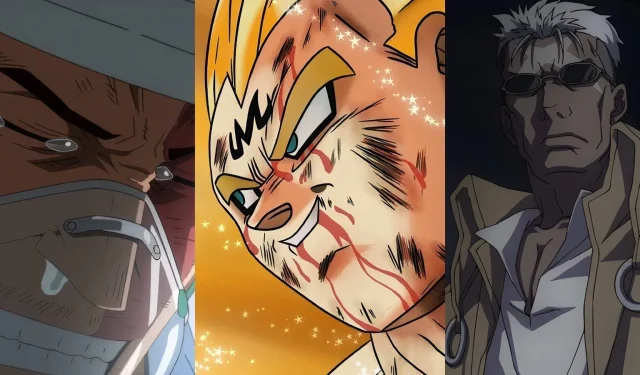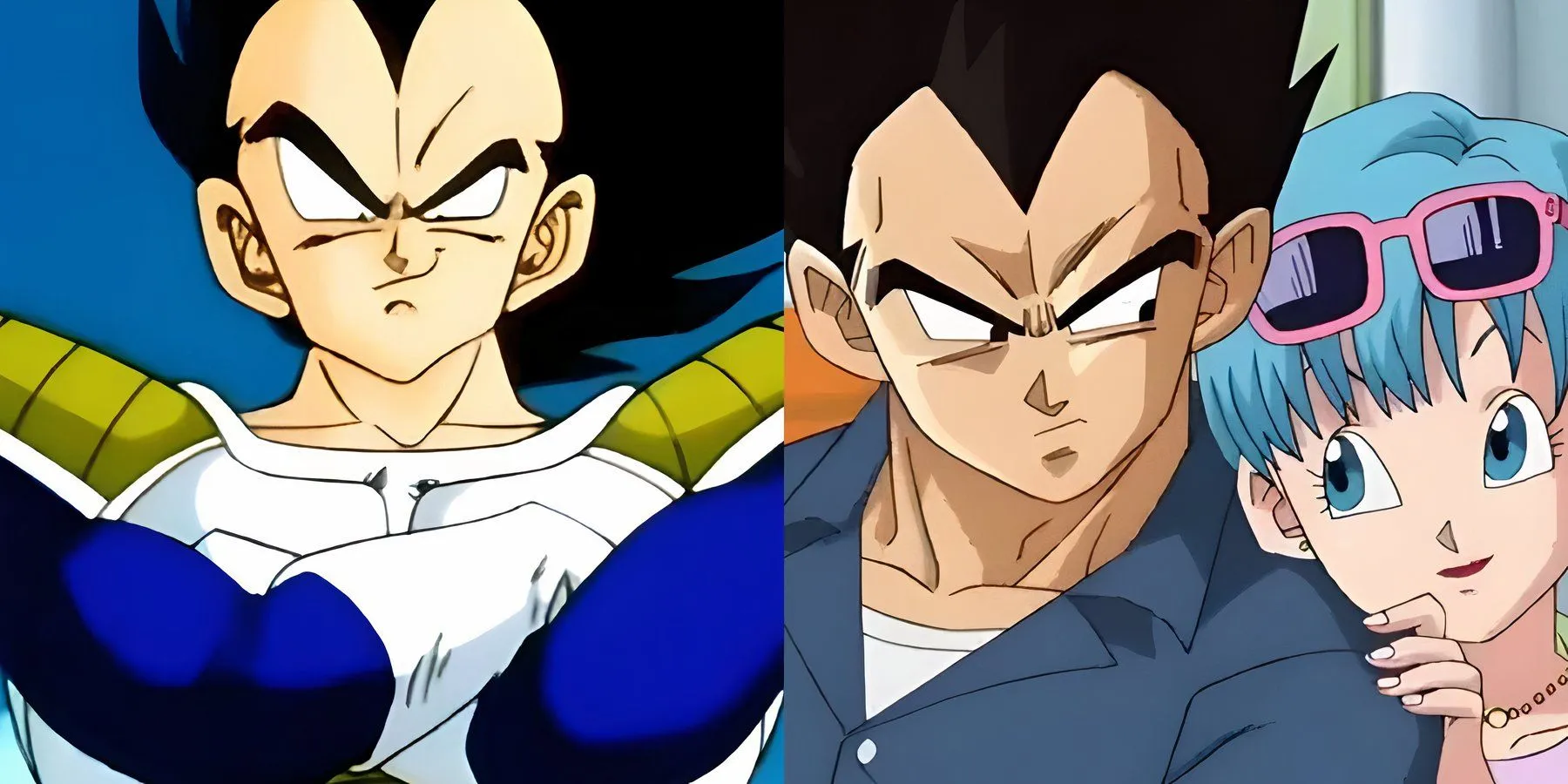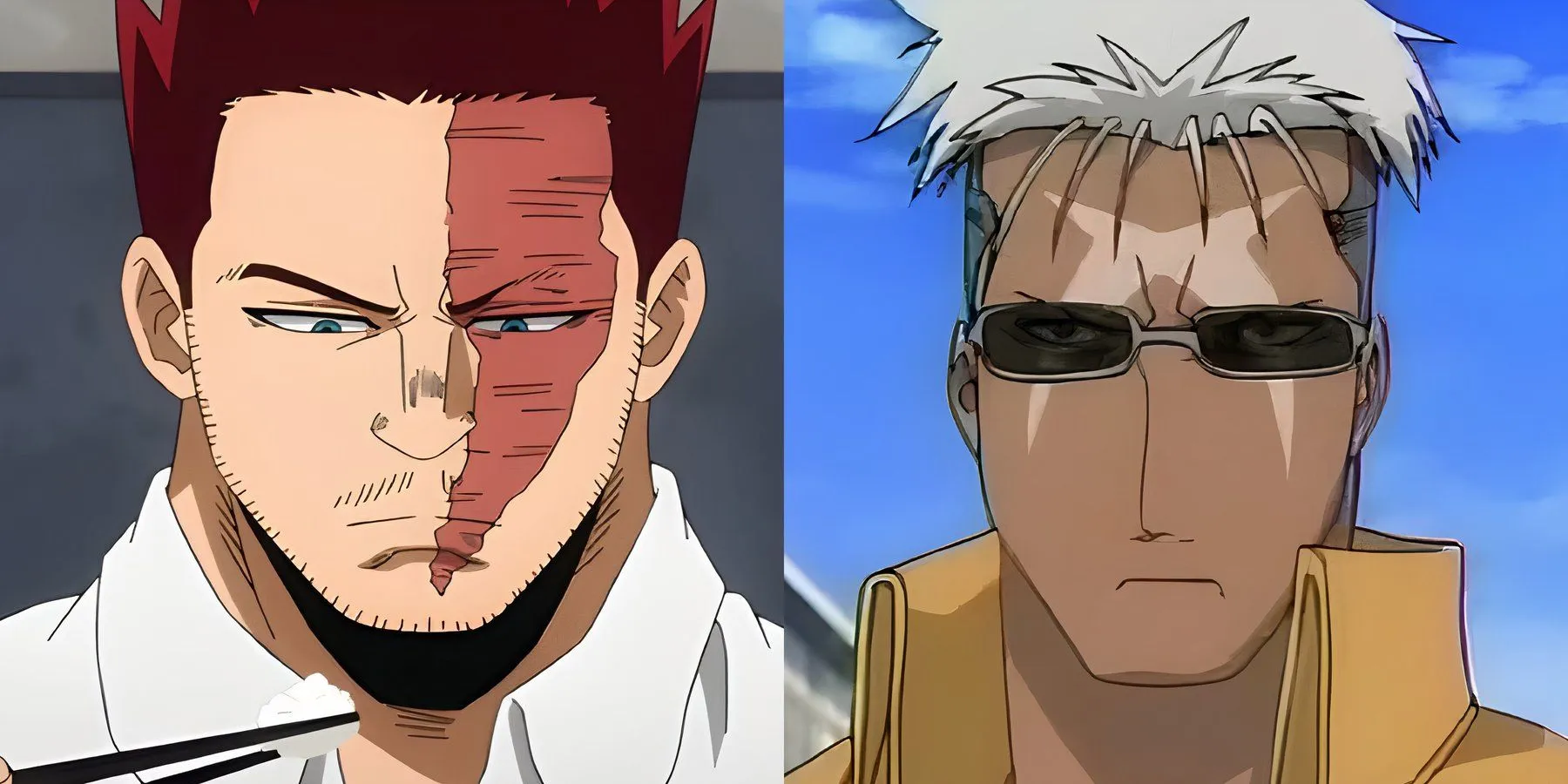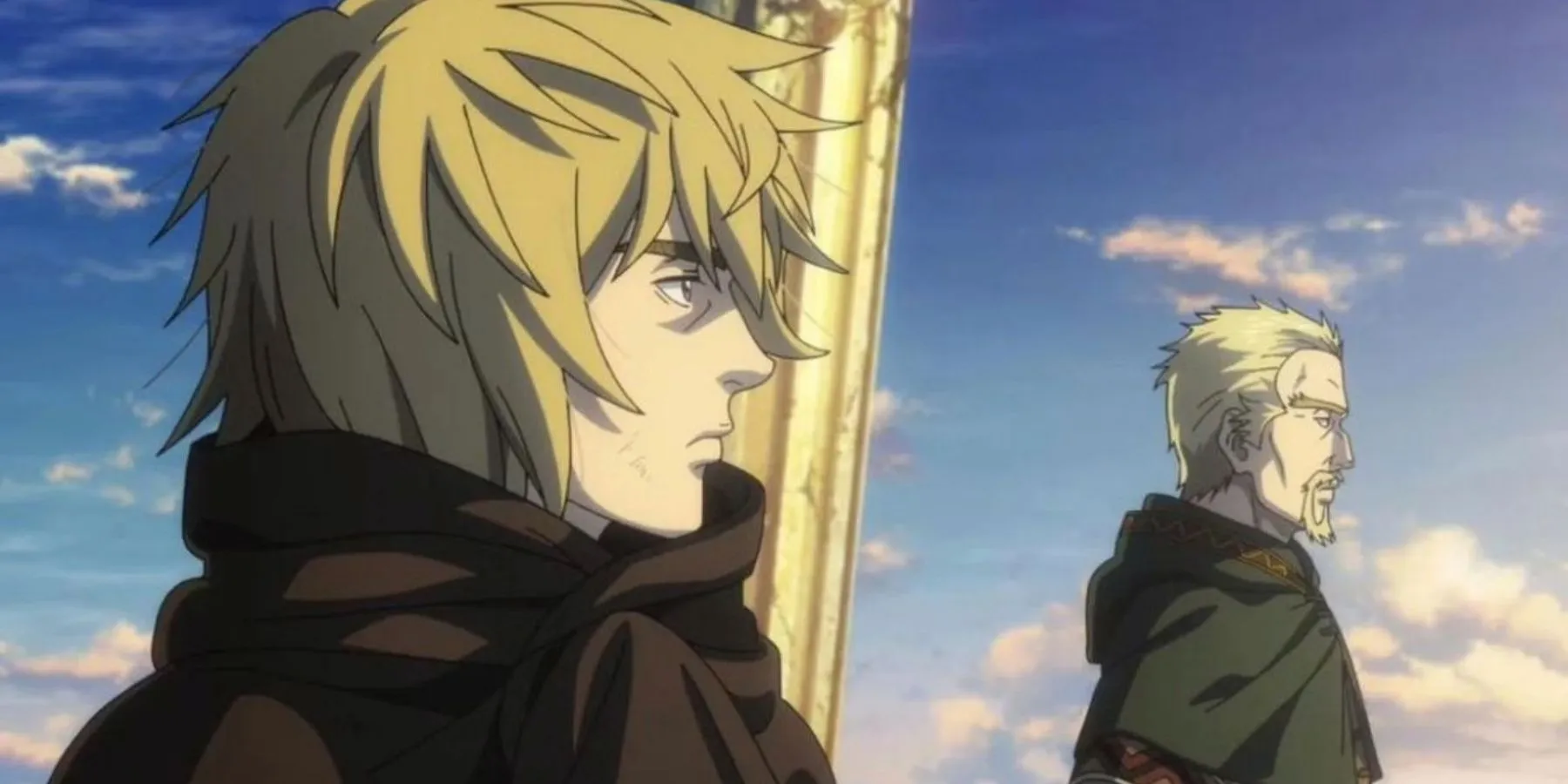
Essential Insights
- Redemption arcs in anime create a strong emotional connection and relatability for viewers.
- Character motivations evolve towards altruism, enriching their narrative journey.
- These arcs develop antagonists into complex figures, fostering empathy among the audience.
Anime serves as a rich medium that frequently delves into intricate themes such as morality, personal growth, and transformation. Among these themes, redemption arcs stand out as particularly powerful narrative tools that enable characters to evolve following significant missteps or a troubled moral history. They resonate with the universal longing for second chances, making characters relatable and emotionally impactful for viewers. As audiences witness characters battling their pasts and striving for forgiveness, they become invested in these narratives, cheering for their success and maturation.
Redemption arcs not only catalyze character change but also enhance the overall quality of the story itself. Characters who grapple with their motivations and consequences while atoning for misdeeds experience intense inner conflict, contributing depth and substance to their persona. Viewers often relate to these transformative journeys, recognizing their own struggles with failure and the desire for self-improvement. When executed skillfully, these arcs can take detestable characters and turn them into fan favorites, illustrating the profound impact of change and growth.
Shifting Character Goals. Initially motivated by selfish desires, revenge, or rigid ideologies, a character often redirects their purpose while seeking redemption. This transformation is frequently triggered by pivotal life experiences or meaningful relationships that challenge their perceptions. For instance, a character may come to terms with the repercussions of their actions, fueling a genuine desire to make amends. Consequently, their focus shifts from self-aggrandizement to the welfare of others.
This evolution is crucial to storytelling, allowing characters to develop in ways that engage audiences. The journey of change makes them more relatable and reveals the complexities of human nature. Viewers appreciate witnessing the struggles and determination behind character transformations, adding depth to their experiences. The emotional investment in these redemption narratives intensifies the story’s impact, often culminating in dramatic resolutions that offer catharsis for both the character and the audience.
Changing Perceptions
From Villain to Hero

One of the most intriguing aspects of redemption arcs is the way they transform audience perceptions of a character. Those who begin as villains or morally ambiguous figures often undergo changes that reveal their multidimensionality. This evolution allows viewers to empathize with their humanity, fostering a deeper connection. For example, a character previously driven by selfish motives may showcase genuine regret and a sincere desire to change, prompting audiences to reassess their initial judgments.
Such transformations can turn the most loathed character into a beloved figure. Characters like Vegeta from Dragon Ball Z or Endeavor from My Hero Academia exemplify this shift, evolving from antagonistic beginnings to endearing characters. Vegeta’s journey from a cold-hearted Saiyan prince to a compassionate hero highlights the depth within his character, making his past misdeeds more relatable. Similarly, Endeavor’s struggle for redemption post a legacy of neglect illustrates the complexities of a flawed hero who earnestly seeks to correct his wrongs. These narratives reinforce the idea that redemption arcs can profoundly reshape emotional and narrative landscapes.
Several notable anime figures demonstrate how captivating a redemption arc can be. Vegeta’s transformation is one of the most emblematic, transitioning from a prideful villain to a dedicated hero. His rivalry with Goku drives significant character evolution, leading him to join forces with former adversaries on multiple occasions. This change not only enriches Vegeta’s character but also enhances the overall narrative of Dragon Ball Z, showcasing the potential for even deeply flawed characters to grow and evolve.
Redemption for Anti-Heroes
From Hurt to Hope

Endeavor’s redemption storyline in My Hero Academia is especially celebrated, as he grapples with his failures as both a father and a hero. His quest for forgiveness from his family and society illustrates the challenges of balancing ambition with accountability. Through efforts to atone for past mistakes, Endeavor seeks to redefine his understanding of heroism.
Scar from Fullmetal Alchemist offers another compelling redemption tale. Initially introduced as an antagonist seeking vengeance for his people’s destruction, Scar is determined to eliminate State Alchemists. Throughout the series, he grapples with the consequences of his actions, leading to significant character development. With the help of pivotal characters, Scar learns the importance of life and coexistence. Ultimately, he evolves from a figure driven by hatred into one seeking healing and a hopeful future for both humans and homunculi, illustrating the profound changes a character can undergo.
Impact on Viewers

The arc of redemption deeply connects characters with viewers. As audiences witness these characters confronting their past and striving for change, they are reminded of their own experiences with failure and the quest for forgiveness. Such narratives instill hope, encouraging viewers to believe in the possibilities of growth and redemption. The emotional stakes are high: as characters face their inner demons, moments of triumph emerge that evoke tears, joy, and satisfaction.
Reflecting on these arcs years later often brings about nostalgia, reminding viewers of the emotional journeys shared with the characters. A character’s redemption can provoke thoughts about personal struggles and the emotional highs and lows experienced throughout their development. This cements the lasting impact of redemption arcs, highlighting their significance in anime storytelling.
In conclusion, redemption arcs hold a special place in anime, profoundly transforming characters and shifting audience perceptions. These arcs resonate deeply due to their portrayal of flawed characters battling their own demons and ultimately achieving triumph. The journeys of figures like Vegeta and Endeavor illustrate the remarkable nature of personal growth, affirming the complexity of human nature. They offer hope, emphasizing that one’s past does not define them. With the ongoing evolution of characters within anime, audiences can look forward to more exciting redemption stories that encapsulate the true essence of growth and change.
Image Credits: Gamerant.com




Leave a Reply